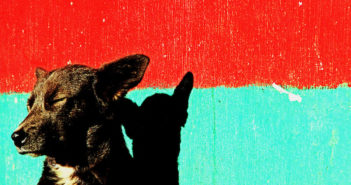
Guatemala passes animal welfare law
Guatemala has passed a new animal protection law, hailed as one of the most comprehensive in the world. It establishes fines for animal abuse, as well as prohibits many specific forms of cruelty and exploitation.

Guatemala has passed a new animal protection law, hailed as one of the most comprehensive in the world. It establishes fines for animal abuse, as well as prohibits many specific forms of cruelty and exploitation.
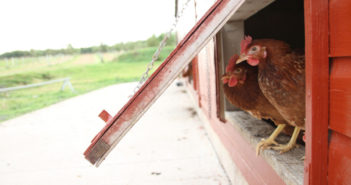
An epidemic of H5N8 avian flu, which for months has infected birds and led to massive culls across Eurasia, may threaten the long-term future of free range farming in Europe.
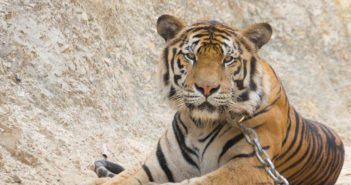
Thailand’s infamous Tiger Temple, shut down on suspicion of wildlife trafficking last year, is now set to reopen under a new name. Despite the evidence from last year’s raid, the Tiger Temple has been granted a provisional zoo license by the government.
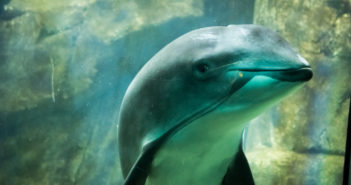
Finally, the Vancouver Aquarium’s abusive cetacean business has been defeated. A new Cetacean Bylaw will be implemented to end all captivity of dolphins, whales, and porpoises!
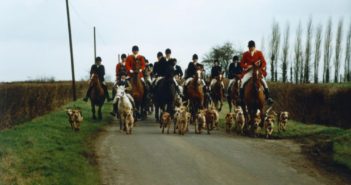
Between twenty-five and forty hounds used in England’s Kimblewick Hunt have been killed to combat an outbreak of bovine tuberculosis. The incident suggests that hunting dogs may be at least partly to blame for the disease’s spread, which decimates UK cattle herds and has long been blamed on badgers.
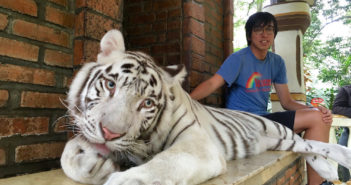
Asia for Animals calls on the government of Indonesia to join the international movement against the use and abuse of animals in performances and as photo props, and to take strong and immediate action to put an end to such exploitation.
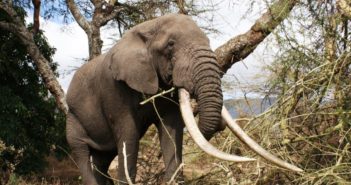
Lodges in wildlife reserves cater to tourists hoping to experience some of the most exciting wildlife sightings in the world. What’s not well known is that a reserve like Timbavati is, in terms of income, primarily a hunting destination.
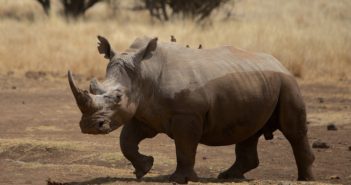
If proposed new draft regulations become law, South Africa will become an almost open market for trading and even exporting rhino horn. The decline and possible extinction of wild rhinos will be in the interest of rhino breeders, who will then control the world market.
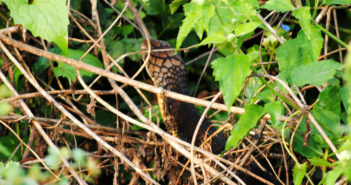
As flashlights blind the eyes of an onlooker, sighting an apparition unexpectedly can leave one numb and senseless. He lay quite unconcerned less than two metres away, basking in the warm glory of a gentle winter. “That’s the King,” whispered our guide. “The King Cobra.”
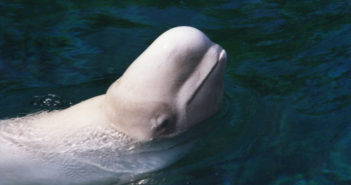
There have been 52 cetacean deaths in 52 years in connection with the Vancouver Aquarium, with a mother and daughter beluga being the most recent. However, the Vancouver media has not been reporting the whole story and truths about the struggle to end cetacean captivity.
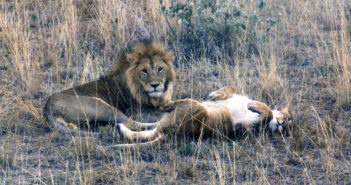
Global problems need global solutions, without which efforts to save wildlife, halt climate change, and live sustainably are doomed to failure. Only a radical re-think of the way we live will enable us to live sustainably and in harmony with nature.
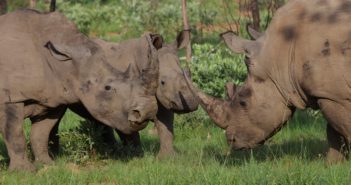
South Africa is about to open the door to the commodification of rhino horn. This follows the permitting of 800 lion skeletons a year to be exported for fake tiger-bone wine and regulations for the hunting of leopards as soon as the present year-long moratorium is lifted.